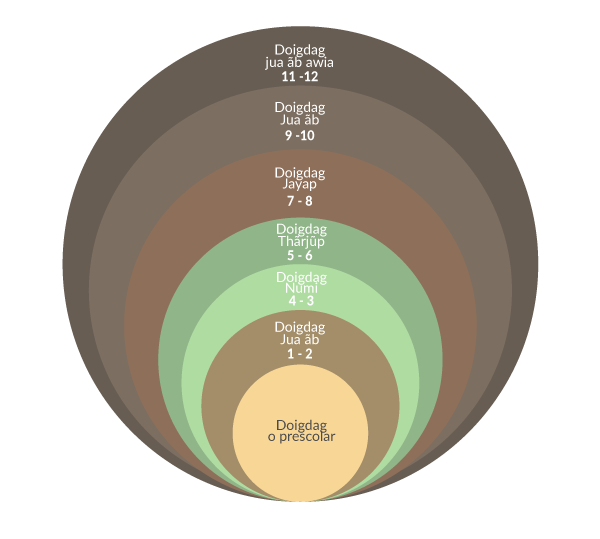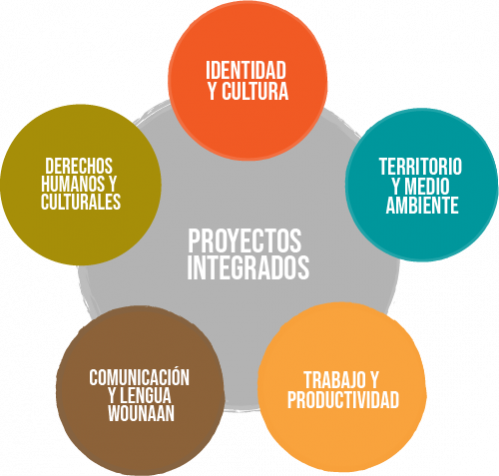Writing an essay is part of analyzing, in which one tries to express his or her ideas that he or she needs in mind, inside the specified time and space. It takes a good deal of thinking, study, and experimentation to generate a composition flow correctly. Yet, that’s the greatest joy of doing this –to be able to convey your thoughts in writing.
Article writing is made all the more difficult since it involves a great deal of language and various wordings, particularly if the subject of the article is one which is highly conceptual, and therefore, the author has to be careful to use only the proper words, which is understood by almost any viewer. The essay author also needs to possess thorough understanding of punctuation, that must also be used when writing an article. Not merely the phrases used, but also the way one uses them at the proper way makes the difference between making a thriving essay and a half-baked one.
The essay must make a strong effect on the reader; it cannot be done if it fails to do so. In short, it needs to be the ideal article which it is possible to write. As you begin writing an essay, the very first thing you should do is to do a little bit of research into the topic. This is important as you’re learning how to compose an essay for the very first time.
Gathering information will assist you with your very first drafts and give you a general understanding of everything you want to do to create an effective essay. The following step to consider is to write down your thoughts and formulate them to make a solid argument for every idea. You want to do this gradually, taking out unnecessary details, and not covering things which don’t have any weight.
1 mistake that most people make when they start to write an essay is to use keywords without excuse. It is necessary to completely explain every concept you’re presenting, especially if it is a scientific thought. Without having this information set out, it can be hard to communicate your thought in a precise way. Another notion that most folks make when they first write essays will be to eliminate unnecessary details, that are known as filler.
Filler is substance that’s superfluous to the subject matter rather than required at all, therefore, is eliminated during the composing process. By eliminating filler, the composition will seem less dense and will take additional weight. You’re able to remove filler by splitting your composition into smaller segments and write them slowly, allowing all of the necessary information to sink in.
One other important element to remember is there is no right or wrong way to write a composition. The rechtschreibprufung online most important thing is that you use different styles to convey various kinds of thoughts. You can choose from short paragraphs into long ones. Please be aware that every kind of writing has its strengths and flaws, and no 1 style is correcteur orthographe online necessarily better than the next.
The gist of essay writing is to earn the written bit make a powerful impression, even if there are no particular rules. As long as you learn just as much as you can about different ways of writing essays, then you’ll be able to generate a quality work.





